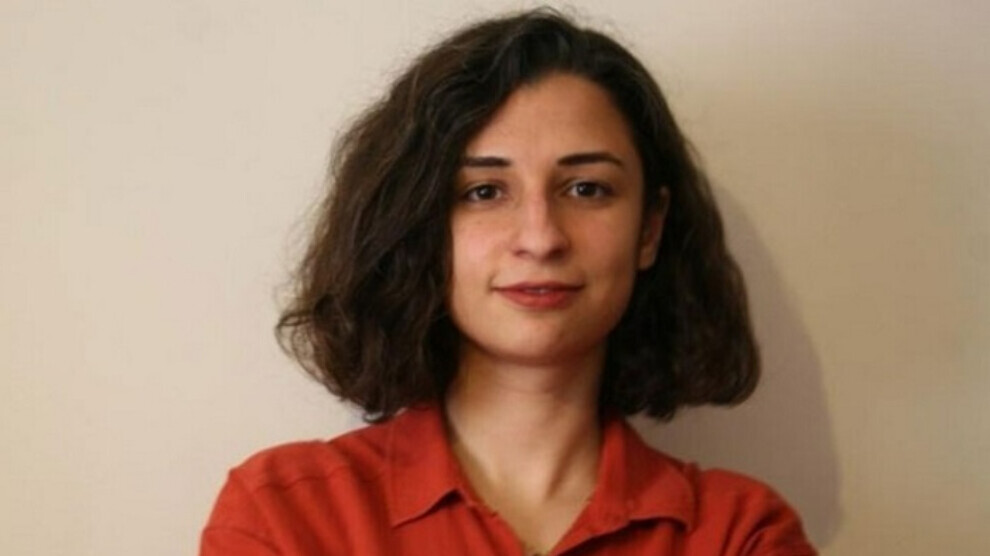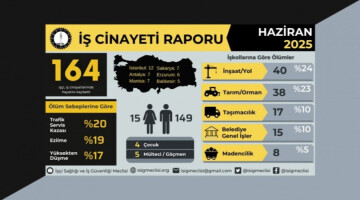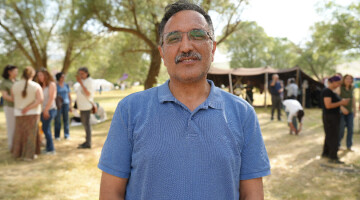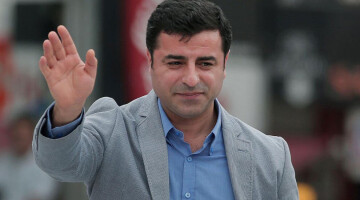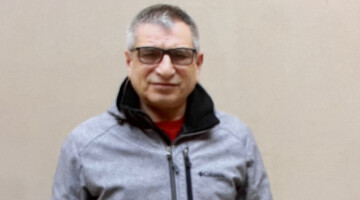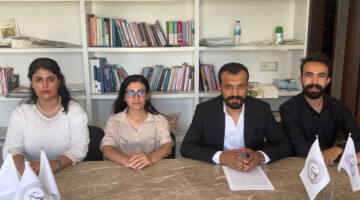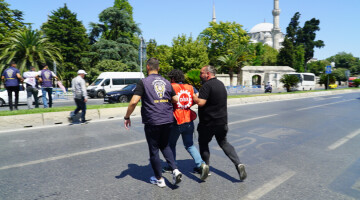Both external solidarity organisations, families and political parties are calling for the prisoners' voices to be heard, and they are fighting against all the violations going on in prison.
ANF asked ÖHD Prisons Commission co-spokesperson, lawyer Destina Yıldız, what families and prisoners can do to make the voice of prisoners heard despite it being extremely difficult to have the law functioning in Turkey. The fact that the violations of rights experienced are reflected outside, the failure of many families or prisoners to succeed in having their voices heard causes the existing violations to become permanent. Lawyer Yıldız explained the importance for families and prisoners to exercise their legal rights.
What are the legal remedies a prisoner should take when faced with violations of rights in prison?
There are various forms of rights violations in prisons. The remedies also vary according to these violations. When there is a violation of the prohibition of torture and ill-treatment, of course, a criminal complaint must be filed with the prosecutor's office first. When there is a violation of the right to communication or the right to respect family and private life due to administrative decisions regarding disciplinary punishments such as communication penalties, visitor bans or censorship of letters, an application should be made to the execution judge to request that the decision causing the violation be lifted.
In cases where freedom of expression is violated due to the lack of periodic and non-periodical publications such as books, magazines, and newspapers, it is necessary to apply to the execution judges against the relevant administrative decisions and demand the annulment of the decision. In addition, a criminal complaint can be filed with the allegation that the prison administration has abused its power when taking these decisions.
So what other tools are there?
Apart from these, applications can be made to institutions and boards such as the Parliamentary Human Rights Commission, the Ombudsman Institution, and the Provincial Human Rights Board in the place where the prison is located. An application can also be made to the provincial bar association where the prison is located. In violations of the right to health, complaints can be made to the doctor's office in the province where the prisons are located, or to the Turkish Medical Association.
What kind of resources can families use outside?
Families can also apply to the remedies available to prisoners. Apart from this, applications can also be made to democratic mass organizations such as the Human Rights Association, the Lawyers' Association for Freedom, the Contemporary Lawyers Association, and the Human Rights Foundation of Turkey. It is also important to make visible the violations of rights in prison and to ensure that the voice of the prisoners is heard outside.
As lawyers, what do you do when faced, as happened recently, with suspicious deaths and the absence of funeral vehicles?
It is necessary to apply to all relevant legal remedies and to follow the process. In jail, all prisoners are exposed to serious psychological and physical violence from time to time.
Recently, various prisoners in Silivri L-Type Prison No. 5 and Maltepe L-Type Prison No. 2 attempted to commit suicide due to the physical and psychological violence they experienced. Again, we recently learned that a prisoner committed suicide in Tekirdağ No. 2 F Type Prison, due to the psychological violence he suffered. These are the applications that reached us from prisons in the Marmara region within just one month. The tip of the iceberg is what we can see. It is not a coincidence that the psychological and physical violence in prisons has increased so much in recent years and that many more prisoners are openly attempting to commit suicide. It is an extension of the government's oppressive policy outside and a result of its policy of impunity.
That's why it's important to follow up on the processes related to suspicious deaths until the end. In these cases, when an effective investigation is not carried out, the real facts are tried to be covered up. This leads to the perception of impunity. Practices such as not giving a funeral vehicle to carry prisoners who lost their lives in the prison, abducting bodies, burying them in a hurry only in the presence of police and gendarmerie, not giving condolence tents to the families of prisoners who lost their lives are against the right to respect family and private life as well as freedom of religion and belief and are practices resembling of an enemy criminal law.

